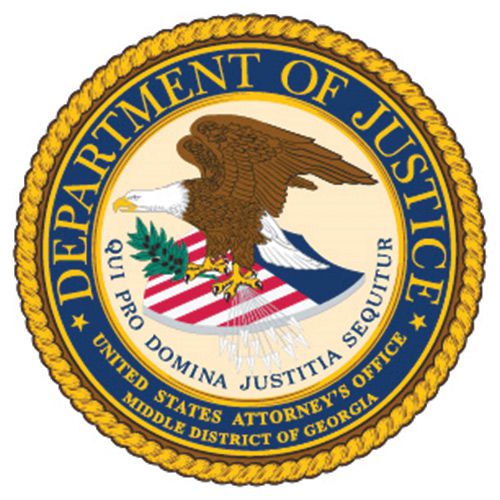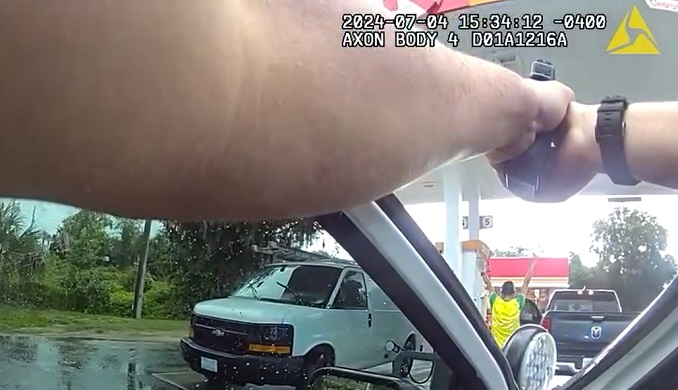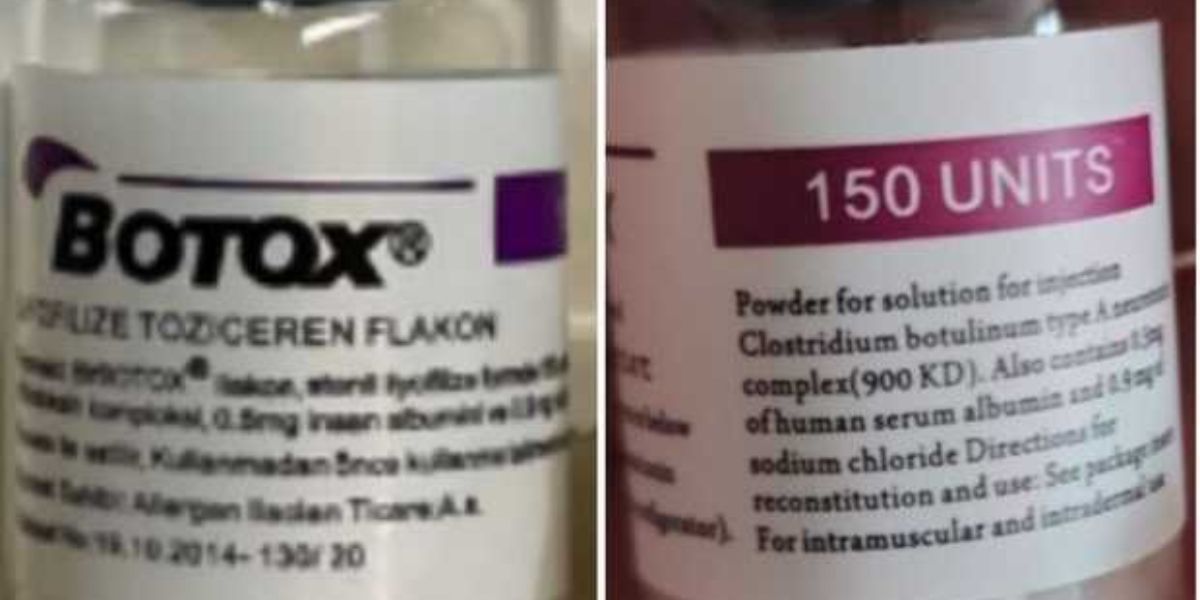Botox Safety Alert: CDC Investigates Adverse Reactions to Imitation Versions
The US Centers for Disease Control and Prevention issued a caution on Tuesday about the dangers of counterfeit or mismanaged Botox injections, following the discovery of hazardous imitation versions of the medicine in numerous states.
According to the official CDC health advisory, the CDC, the US Food and Drug Administration, and state and local officials are investigating clusters of at least 22 women who have reported adverse reactions after receiving counterfeit Botox injections, injections from unlicensed or untrained providers, or shots in non-health-care settings such as spas or private homes. As of Thursday, the instances have been recorded in California, Colorado, Florida, Illinois, Kentucky, Nebraska, New Jersey, New York City, Tennessee, Texas, and Washington. The CDC reported that 11 persons with symptoms were hospitalized, but none died.
According to the CDC, patients, aged 25 to 59, reported their symptoms between November and March, with the majority of them (91%), obtaining Botox for cosmetic objectives. They reported impaired vision, drooping eyelids, dry lips, slurred speech, shortness of breath, weariness, and weakness. Seven of them were examined for botulism. Six of the tests came back negative, with one still waiting.
- Auto Insurance Shopping Rises in Response to Soaring Insurance Rates: Report
- Avoid These 7 Missteps When Refinancing to a Lower Mortgage Rate
- Rising Home Prices Amid Slight Mortgage Rate Dip: Analysis
- Fresno County’s Groundbreaking Initiative: $500 Monthly Payments in New Guaranteed Income Program, Here is Who is Eligible
- Unlocking Financial Freedom: 5 Reasons to Opt for Personal Loans in Credit Card Debt Repayment
These occurrences appear to be linked to products bought from unlicensed sources and subsequently administered by either unlicensed or licensed providers, according to a recent FDA notification. The FDA warned healthcare personnel that buying and administering counterfeit products endangers patients’ health.
The FDA says counterfeit Botox medicines can be identified by the lot number C3709C3 on the outside carton and vial.
- Will Everyone Get a $12,000 Stimulus Check in 2024? Find Out Eligibility
- $6400 Stimulus Checks in 2024: What You Need to Know About Eligibility and Payment Dates
- IRS 4th Stimulus Check 2024: Comprehensive Guide to Eligibility and Payment Dates
- 3 Smart Moves to Make Once Your Savings Reach $50,000, Here Are Crucial Actions to Take
- 3 Effective Ways to Pay Off Student Loans on a $50K Salary or Less, Know Here!
The active ingredient on the exterior carton may also be labeled “Botulinum Toxin Type A” rather than “OnabotulinumtoxinA.” The box and vial may suggest 150-unit doses, which are not manufactured by AbbVie or Allergan, according to the FDA, and the outside carton may contain non-English text.
In its caution on Tuesday, the CDC stated that when botulinum toxin, also known as Botox, diffuses surrounding the injection site, it might cause severe effects.
“Botulism is a disease induced by botulinum toxin circulating in the circulation and exerting effects away from the injection site. According to the alert, there may be symptom overlap between localized adverse effects from botulinum toxin injection, particularly in the head and neck, and early symptoms of botulism.
“Clinicians and health departments should consider the possibility of adverse effects from botulinum toxin injections in patients presenting with localized paralysis,” according to the recommendation. “Clinicians should immediately contact their state, tribal, local, or territorial health department if they suspect botulism.”
According to the CDC, botulism is treatable with an antitoxin. That is why it is critical to seek medical attention as soon as possible and at an early stage of the condition. If left untreated, the condition can lead to paralysis and other consequences.
“Botulinum toxin should be administered only by licensed providers, using only recommended doses of FDA-approved botulinum toxin, preferably in a licensed or accredited healthcare setting,” the Centers for Disease Control and Prevention advises. “Providers should be trained in the proper administration of botulinum toxin, practicing per state and local requirements.”
In reaction to accusations of counterfeit Botox, AbbVie and Allergan Aesthetics, the firms behind the FDA-approved formulations, issued a statement claiming that they are the only authorized Botox providers in the United States.
“Allergan Aesthetics, an AbbVie company, has a thorough supply chain security program in place to ensure that all products made are safe, secure, and distributed through authorized channels. “Our team thoroughly investigates all reports of counterfeit products, working with law enforcement and public health authorities as needed,” according to the statement.
Authentic Botox products can be identified by a tamper-evident seal on the package, the name “onabotulinumtoxinA” listed under the brand name Botox, and a hologram of the word “Allergan” on the vial label.
Botox is a brand name for botulinum toxin, which, in modest dosages, can temporarily alleviate medical or cosmetic issues such as extreme underarm perspiration, chronic headaches, an overactive bladder, and facial wrinkles.
“Botox and its peer brands provide a dilute, precise, and consistent amount of botulinum toxin, whereas knock-off unregulated products are not reliably manufactured or subject to the same quality assurance, which can lead to over or underdosing,” Dr. Michael Cameron, president and founder of Cameron Dermatology and assistant clinical professor of dermatology at Mount Sinai Health System in New York, stated last week.
When the toxin botulinum is present in high concentrations in the body, it can induce botulism, an uncommon but serious sickness, or symptoms comparable to the illness. “Botulism symptoms include muscle weakness, visual abnormalities, slurred speech, and difficulty moving the eyes. “An emergency would be if you start having difficulty breathing,” Cameron explained.
“I recommend that if you’re getting Botox for wrinkles, you see a board-certified dermatologist.” If you want Botox to treat your migraines, you see a neurologist. If you’re getting Botox for bladder problems, consult your urologist,” he stated. “If you feel like there’s any risk or the pricing doesn’t make sense, then you could just ask to see the vial and inspect the vial of Botox yourself.”











